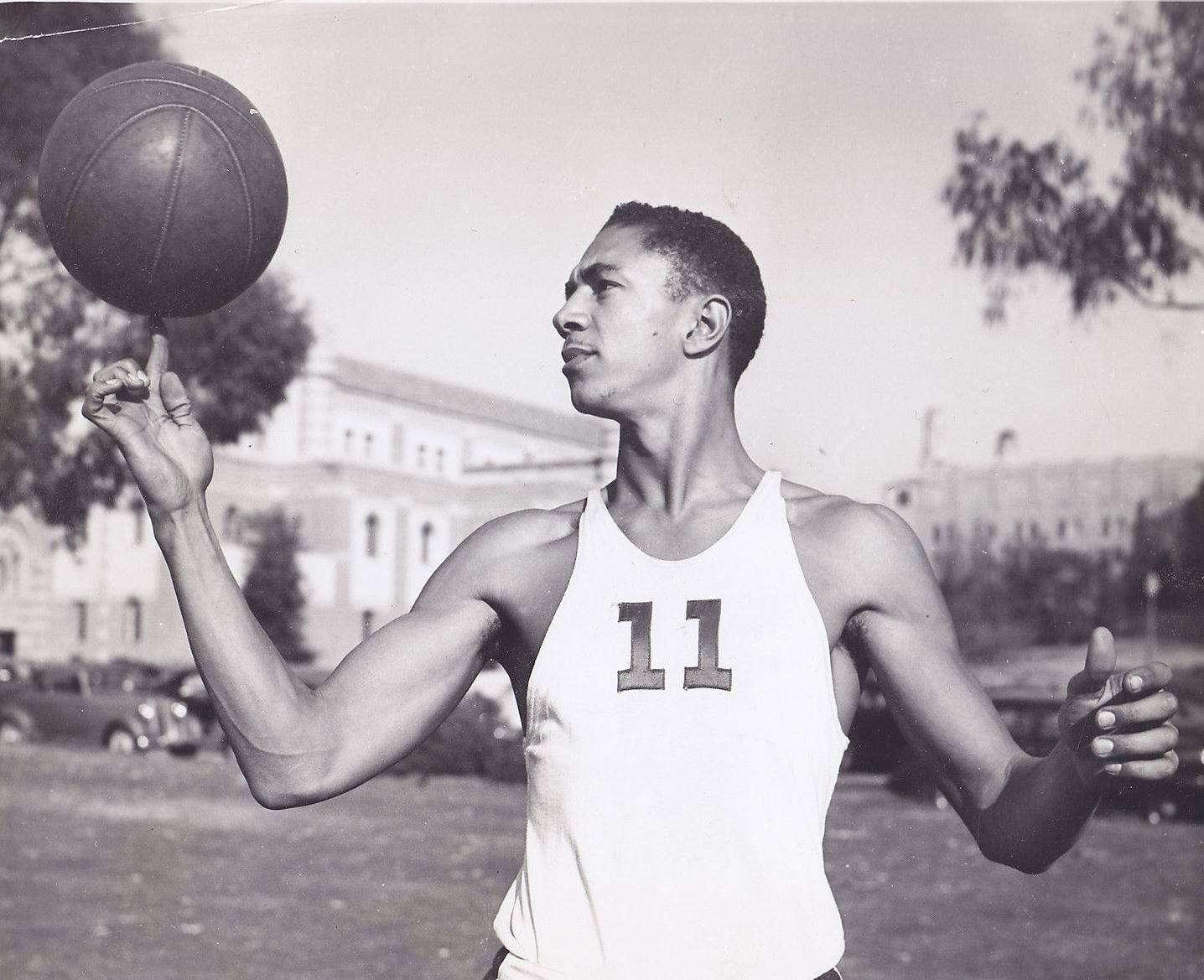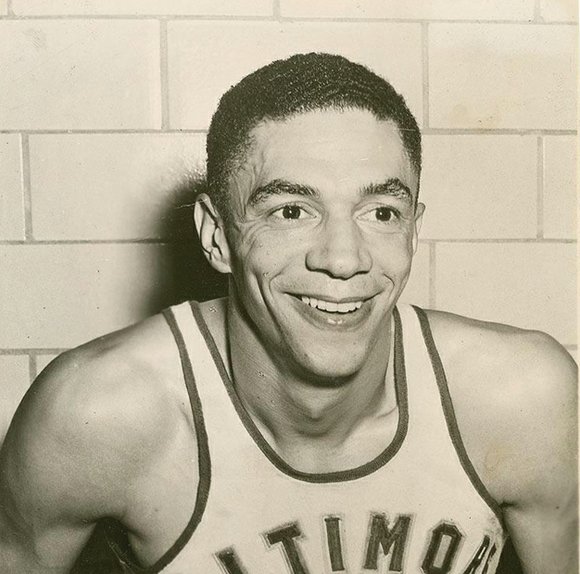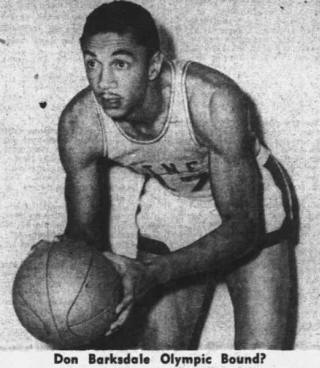Despite having a passion for basketball, Donald Argee Barksdale was denied the opportunity to play the sport by his high school coach for three years. In an era of allowing only one black on the team, the Berkeley High coach settled on another one.
But he persevered, honing his skills in the parks and recreation centers that dotted the neighborhoods of Oakland, California during the days of his youth.
He was so gifted that in 1947 he became the first African-American to be named to the Helms Foundation All-America team after helping the UCLA Bruins to the Pacific Coast Conference championship.
In 1948, Barksdale represented the United States in basketball at the London Olympics, becoming the first African-American to make the U.S. Olympic team and the first to win gold. His feats opened the eyes of whites that blacks were as capable and lend belief to blacks.

In 1951, Barksdale went pro, signing with the Baltimore Bullets. As an amateur he played with AAU Oakland Bittners. Still on his exploits, he was named to the 1953 NBA All Star team where he broke the color line again.
It’s not for nothing that Barksdale is hailed as a pioneering African-American basketball player. He is the first to be named NCAA All-American, and the first to play in a National Basketball Association All-Star Game. For his exploits, he was inducted into the Naismith Memorial Basketball Hall of Fame.
Barksdale was born in Oakland, California to Argee Barksdale, a Pullman porter and Desoree (née Rowe) Barksdale. He played for two years at Marin Junior College, across San Francisco Bay, before earning a scholarship to UCLA.

Barksdale owned one of only two black-owned record stores in Los Angeles during his time in UCLA. This had him interacting closely with performers like Etta James, Lou Rawls and Nat King Cole.
While playing professional basketball, he started a career in radio broadcasting. In 1948, he became the first black radio disc jockey in the San Francisco Bay area. He also worked in television and owned a beer distributorship. He became the first African-American beer distributor and the first African-American television host in the Bay area with a show called Sepia Review on KRON-TV.
In 1951, he signed a lucrative contract with the Baltimore Bullets and entered the NBA as a 28-year-old rookie. He would be one of the first African-Americans to play in the NBA. The deal made him one of the highest paid players in the league.

While with the Bullets, he became the first African-American to appear in an NBA All-Star Game, in 1953. Shortly afterward, he was traded to the Boston Celtics. Two years later, his playing career was cut short by ankle injuries.
Barksdale could play above the rim. He had great moves under the basket, and he could get up and down the court faster than just about anybody during his time. He was ahead of his time.
After his basketball career ended he returned to radio, started his own recording label and opened two nightclubs in Oakland.

In 1983 he launched the Save High School Sports Foundation, which is credited with helping to save Oakland school athletic programs from collapse.
He succumbed to throat cancer at the age of 69 on March 8, 1993 in Oakland, California. He was survived by his sons Donald and Derek.
For his significant contributions to broadcasting in the San Francisco Bay Area, Barksdale was inducted into the Bay Area Radio Hall of Fame in 2007. His sister, Pam Barksdale-Gore, accepted the posthumous honor on his behalf.










